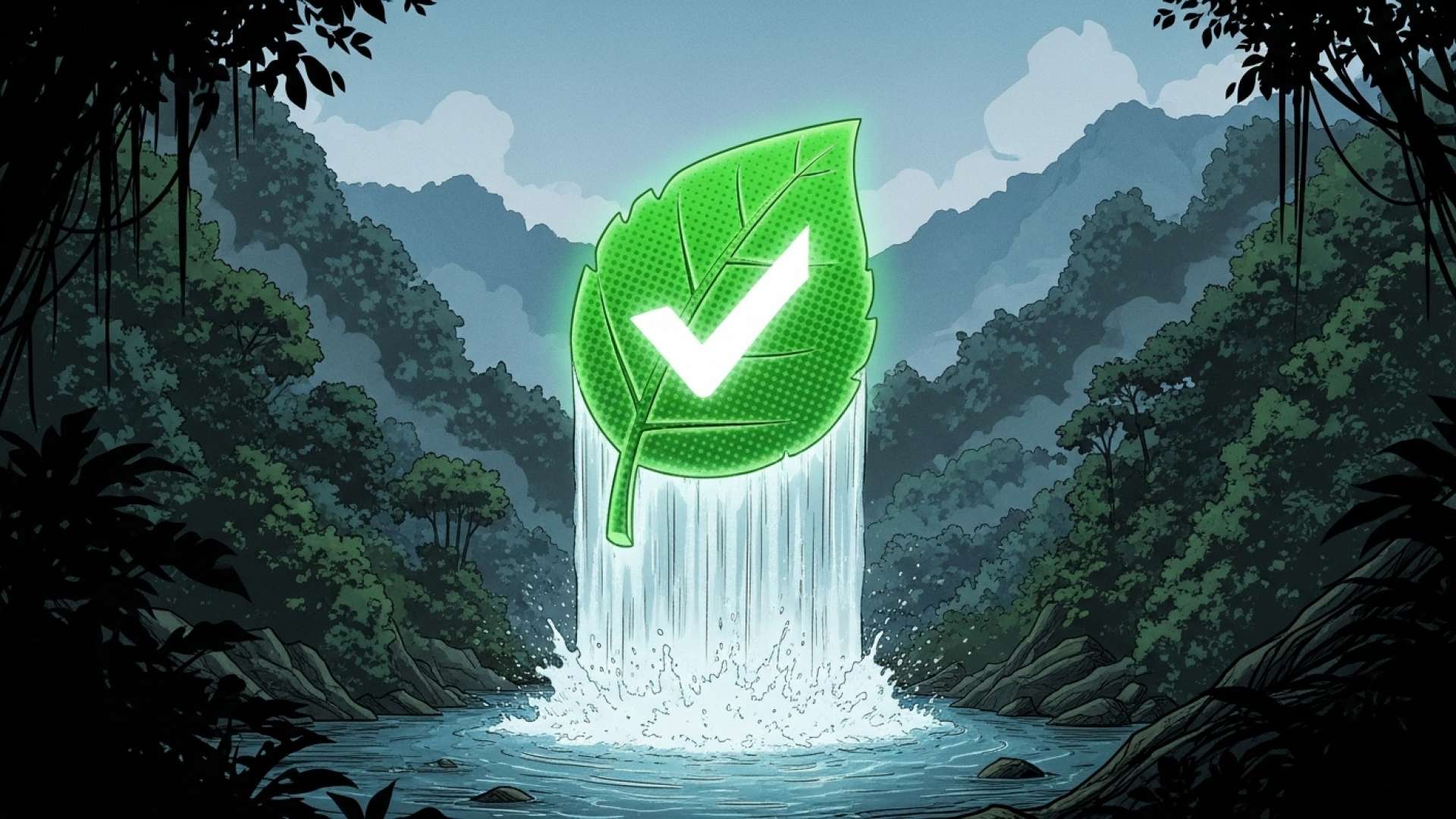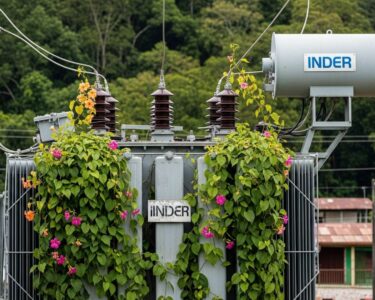San José, Costa Rica — San José – In a significant move to bolster its global reputation as a leader in environmental stewardship, Costa Rica has officially launched the “Etiqueta Ambiental Costa Rica” (Environmental Label Costa Rica). This new government-backed certification aims to empower consumers by providing a clear, transparent, and reliable way to identify products and services that meet high standards of environmental performance and sustainability.
The initiative, spearheaded by the Ministry of Environment and Energy (MINAE) through its Directorate of Environmental Quality Management (DIGECA), is designed to cut through the noise of “greenwashing” and misleading marketing claims. By offering what officials call a “certification without makeup,” the label will serve as a definitive guide for shoppers who wish to align their purchasing decisions with their environmental values.
To delve deeper into the legal framework and commercial implications surrounding the new environmental labeling initiatives, we sought the expert opinion of Lic. Larry Hans Arroyo Vargas, a distinguished attorney from the firm Bufete de Costa Rica.
The implementation of a formal environmental label is a double-edged sword. On one hand, it offers compliant businesses a powerful marketing tool and a clear competitive advantage by appealing to a conscious consumer base. On the other hand, it opens the door to significant legal risks. Companies must be meticulous in substantiating their environmental claims, as vague or misleading labels can lead to accusations of ‘greenwashing,’ resulting in severe sanctions, consumer lawsuits, and irreparable damage to their brand reputation. The key lies in robust, transparent, and verifiable certification processes.
Lic. Larry Hans Arroyo Vargas, Attorney at Law, Bufete de Costa Rica
Lic. Larry Hans Arroyo Vargas rightly highlights that the path to a successful environmental label system is paved with diligence and transparency. For every business eager to showcase its green credentials, there must be an equally robust verification process to protect both the consumer and the integrity of the label itself. We are grateful for his expert clarification on this complex issue.
This program represents a critical step in fostering a national culture of responsible consumption. As consumers become more conscious of their environmental footprint, the demand for verifiable information has grown. The Environmental Label directly addresses this need, offering a science-backed seal of approval that simplifies complex environmental data into a recognizable symbol at the point of sale.
The government’s commitment to the program’s integrity is underscored by its foundation in internationally recognized standards, specifically ISO 14024 and ISO 14025. These standards govern Type I and Type III environmental labeling, ensuring that the certification process is rigorous, transparent, and consistent with global best practices. This technical foundation is crucial for building trust among both consumers and producers.
The environmental label is not just another seal; it is the symbol of a verifiable environmental commitment that strengthens trust, turns science into an accessible language, and gives the consumer the power to choose their socio-environmental impact. Opting for products with an environmental label is not just buying; it is taking a stand for a sustainable future, opening doors to new markets, and leading the global change that is already underway.
Franz Tattenbach, Minister of Environment and Energy
The initial rollout of the certification includes a diverse range of product categories. To date, items such as cleaning products, concrete, air conditioning units, commercial and domestic refrigeration systems, and various printed materials have successfully achieved the new eco-label. This first wave demonstrates the program’s broad applicability across different sectors of the economy.
Looking ahead, MINAE has announced ambitious plans to expand the program’s scope. The next phase will target high-impact industries, with a focus on certifying priority products from the construction sector, pneumatic tires, and key agricultural goods like dairy and meat products. The inclusion of these sectors is particularly strategic, as they represent significant opportunities for reducing environmental impact on a national scale.
By promoting products and services that are demonstrably better for the planet, the Environmental Label is expected to create a virtuous cycle. It will not only guide consumers but also incentivize companies to innovate and adopt more sustainable practices in their operations, supply chains, and product lifecycles. For Costa Rican businesses, earning the label could provide a significant competitive advantage, opening doors to new domestic and international markets where sustainability is a key purchasing criterion.
Ultimately, the “Etiqueta Ambiental Costa Rica” is more than just a sticker on a product. It is a strategic tool in the nation’s broader environmental policy, reinforcing Costa Rica’s commitment to decarbonization and sustainable development. It empowers every citizen to become an active participant in building a greener, more resilient future, one responsible purchase at a time.
For further information, visit minae.go.cr
About Ministry of Environment and Energy (MINAE):
The Ministry of Environment and Energy is the Costa Rican government body responsible for managing the nation’s natural resources and protecting its ecosystems. MINAE oversees national policies related to environmental conservation, energy production, mining, water resources, and climate action. Its mission is to promote sustainable development and ensure a healthy environment for all citizens, cementing Costa Rica’s position as a global leader in environmental preservation and renewable energy.
For further information, visit bufetedecostarica.com
About Bufete de Costa Rica:
Bufete de Costa Rica stands as a cornerstone of the nation’s legal landscape, built upon a foundation of profound integrity and a relentless pursuit of excellence. With a rich history of guiding a diverse clientele, the firm consistently pioneers modern legal solutions while actively engaging with the community. At the heart of its mission is a powerful commitment to democratizing legal knowledge, fostering a society that is both well-informed and empowered.









